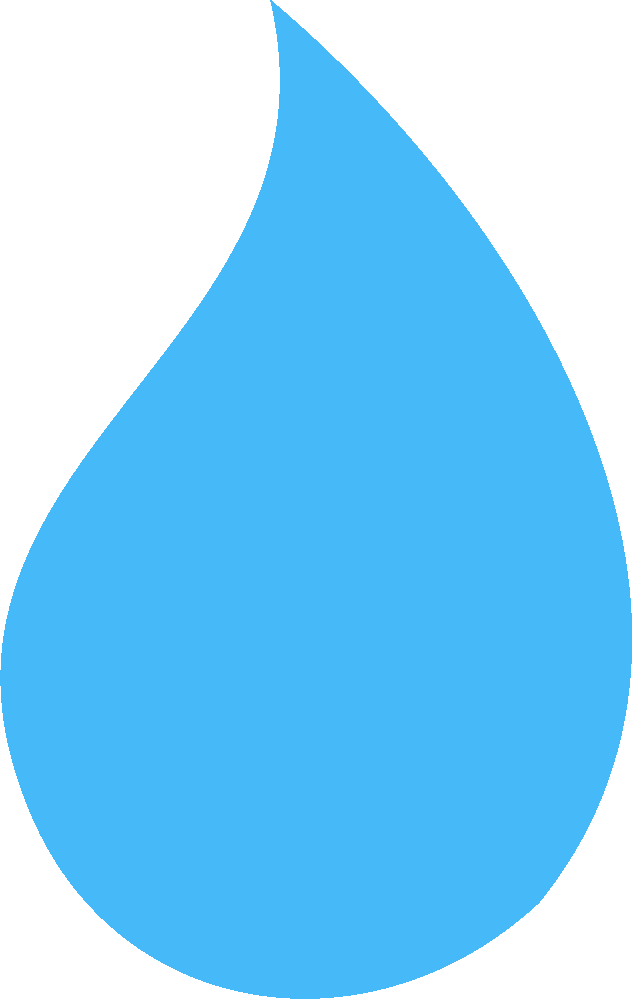These are the people I admire and draw inspiration from. From different fields but all similar in 2 things: knowledgeable and good communicators.
My Referents
2 minutes | Apr 4, 2018 | 3 rewrites
Referent: n. Transliteration from Spanish’s Referente: a person or thing that is greatly admired, loved, or revered.
(If you wanna buy their books, please do it through the links. Amazon will share the profits with me at no additional cost for you. Thanks for the support.)
PAUL GRAHAMEntrepreneur, programmer, investor and essayist
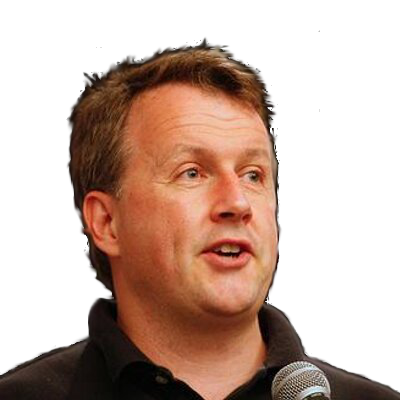
Founder of Viaweb (one of the first ever server-side SaaS) and Y Combinator (a startup accelerator). He's smart, witty and good-hearted. His essays are so well written –so well thought– that, when I read them, I can actually feel my brain structure rearranging in real time. Some are compiled in Hackers and Painters, a good book. Go read his blog and don't forget to follow him on Twitter.
JOHN HATTIEEducation & learning researcher

His book Visible Learning and the Science of How We Learn is a must for anyone interested in learning. A long time ago, the first thought that crossed my mind every morning when the alarm clock rang was “Cool, I'll have some time to read Hattie in the bus on my way to work”. When I finished reading it, I went back to “I fucking hate mornings”. Trust me, this book is timeless. I go back to it frequently.
MEHRAN SAHAMIComputer Science Professor

My first ever contact with computer programming was Mehran’s course CS106A. What a course! What a teacher! His style, his attitude, his everything. Go take it (Stanford made it available online for free). When I finished the course, I sent him this email where I thanked him. And he replied. It made my week. Yes, it was probably an automated reply. But, hey, he replied. Anyway, good guy and good teacher. Fond memories of that times.
EDWARD TUFTEData Visualization expert

I discovered the field of Data Visualization through his books. It blew my mind: how could a few subtle modifications to a chart make such a big difference in clarity? Since then, I always put a little extra care when drawing charts (or presenting any other kind of visual information). All the books he wrote (“wrote” is an understatement: all the books he wrote, designed, and edited) are wonderful. Note that Edward Tufte doesn't look like an apple, I just couldn't find any good picture of him.
DALE CARNEGIESelf-improvement writer
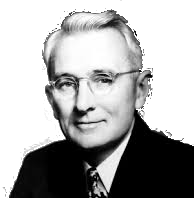
He needs no introduction. The only dead one in this list (I think) (and I hope). A classic on self-improvement. Everything he says sounds old and obvious but had been forgotten (by me, at least). As he himself recommends, How to Win Friends and Influence People is a book worth reading and re-reading again and again (at least the first half, the rest is too cynical for my taste). Most of the tools I build here owe a lot to Carnegie’s work.
ROBERT SAPOLSKYNeurologist and Ethnologist
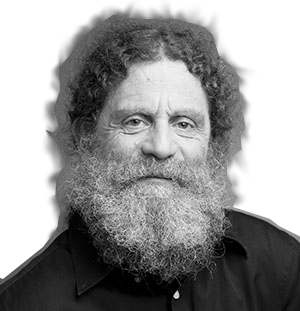
Oh My God! I watched some lectures of Sapolsky’s course on Human Behavioral Biology. I let them sink in. A year later, I watched them again. And then I discovered he had published Behave. The Biology of Humans at our Best and Worst. The book is fascinating. At times, it made me consider leaving everything to devote my life to the study of the brain. Deep fundamental topics rigorously explained in plain conversational tone. It ends with a depressing conclusion but, hey... it is what it is.
PAUL LOCKHARTMathematician

Lockhart's A Mathematician's Lament is both an eulogy to the beauty of Math and a desperate shout-out1 to educators. In the book, Lockhart basically says that the way we teach Math is wrong. In fact, he says that what we are being taught is not even Math. And he gives examples to support it. His other books Arithmetic and Measurement are a testament to the essay's argument that there is a better way.
WILLIAM ZINSSERWriting expert
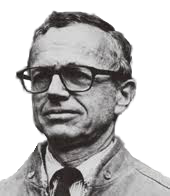
I had always considered myself a good writer. Then some years out of Uni I read Zinsser's book On Writing Well. Gosh, why hadn't anyone taught me this in school? Ok, so it turns out that writing well is more than correct orthography and grammar and trying not to repeat words. Zinsser changed the way I see writing. His take: it is more a craft than an art, and there's no such thing as a good writer, only a good rewriter. My writing still sucks, but now at least I know why.
I haven't included here a bunch2 of people who I look up to but are not famous: my parents and family, some friends, a former colleague and two former bosses.
